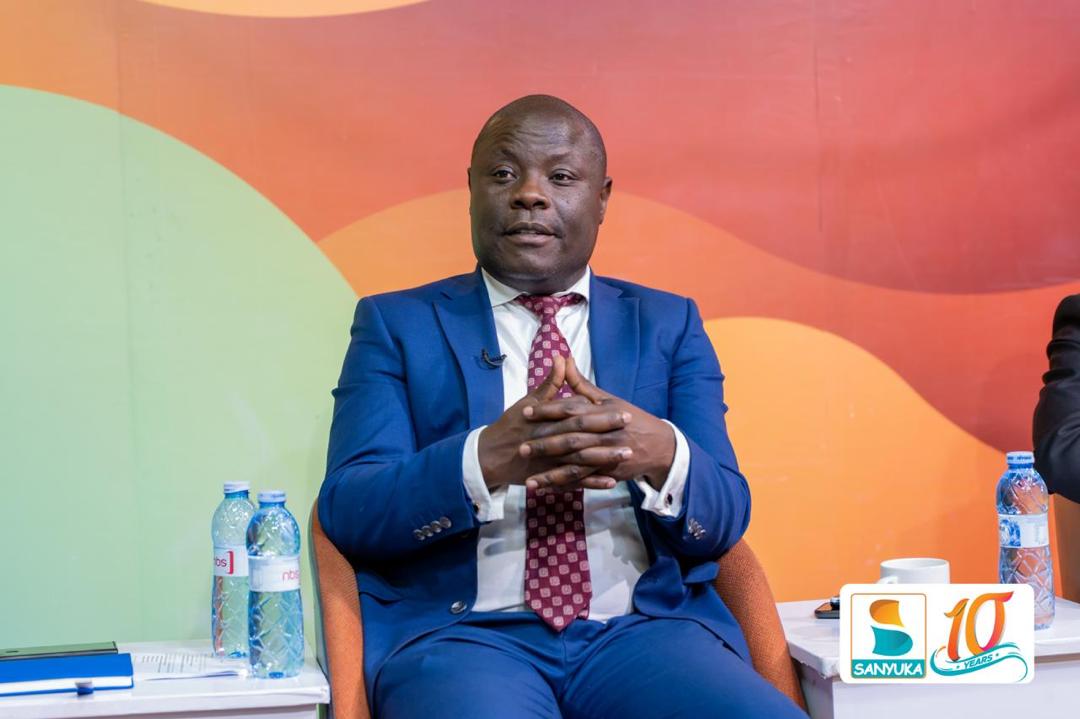Edward Katende, Executive Director of the Uganda Development Forum, has emphasized the pivotal role of financial planning, asset ownership, and inclusive economic growth in transforming Ugandan households.
Speaking during Spotlight Uganda, hosted by Sanyuka Television on Wednesday under the theme “Financial Empowerment: Unlocking Uganda’s Household Wealth,” Katende stressed that financially secure households are those with a clear vision and a unified approach, where all family members actively contribute to achieving shared goals.
“Homes that are better off financially are those with a clear vision, where all family members work together to achieve it,” he said.
Katende highlighted the importance of asset ownership as a foundation for building and sustaining wealth. “Every household should possess assets such as goats, cows, cars, or motorcycles—resources that can help generate and sustain wealth,” he explained.
He praised the government’s Parish Development Model (PDM) as a transformative framework aimed at shifting Ugandans from merely surviving to thriving economically. “The Parish Development Model seeks to transition Ugandans from working merely to survive to working to earn, spend, and still have money left to save,” he said.
Katende also reiterated the National Resistance Movement (NRM) government’s overarching goal of ensuring sustainable household incomes that allow families to meet basic needs including food, shelter, clothing, education, healthcare, and spiritual growth.
He highlighted the role of “Musevenomics”—the government’s economic blueprint credited with transforming Uganda from a historically struggling state into a nation increasingly admired globally. “Musevenomics refers to the approach the Government of Uganda has used to transform the country from a failed state into one that is now admired, with the goal of building a USD 500 billion economy,” Katende said.
In particular, he emphasized the seventh pillar of Musevenomics: inclusion, ensuring that every Ugandan participates in and benefits from the country’s economic growth.
Reflecting on Uganda’s historical context, Katende contrasted past challenges with current progress. “In the 1980s, Uganda’s main enemy was armed conflict; since 2006, the real battle has been against poverty,” he said.
Through these initiatives and principles, Katende concluded, Uganda is steadily progressing toward financial empowerment for its citizens, ensuring that families not only survive but thrive economically.


